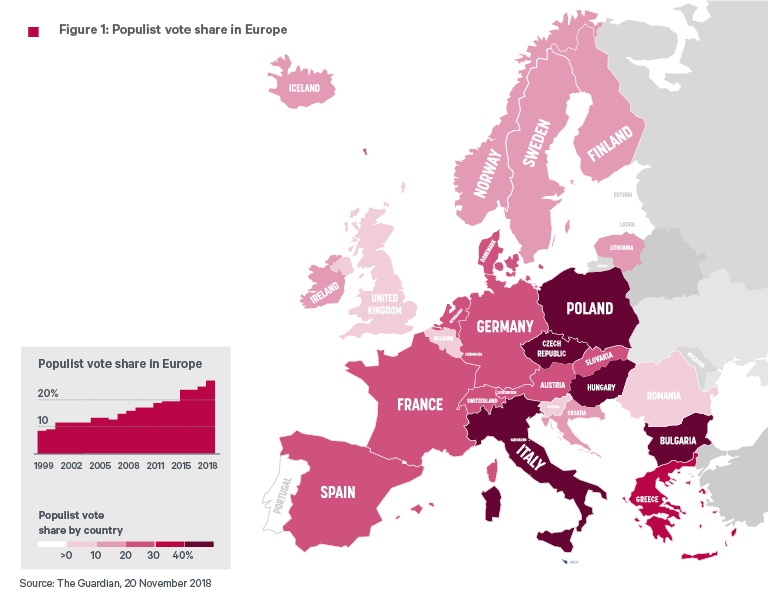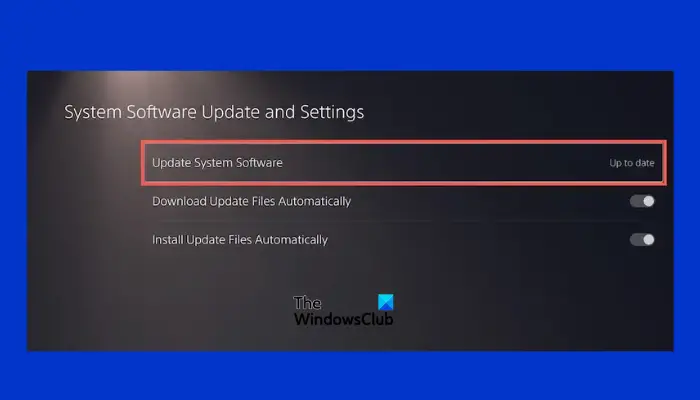Tory Chairman's Tensions With Reform UK: Populism And The Future Of Conservatism

Table of Contents
Understanding the Rise of Reform UK and its Populist Appeal
Reform UK, spearheaded by Nigel Farage, has rapidly gained traction, capitalizing on voter dissatisfaction and anxieties. Its populist appeal stems from a potent combination of policy positions and shrewd political marketing.
Reform UK's Policy Positions and their Resonance with Voters
Reform UK's policies resonate with a segment of the electorate disillusioned with mainstream politics. Key policy planks include:
- Hard Brexit: A complete break from the European Union, emphasizing national sovereignty. This taps into Euroscepticism, a sentiment that has fueled much of the populist surge in recent years.
- Stricter Immigration Policies: Reform UK advocates for tighter border controls and stricter immigration policies, appealing to voters concerned about immigration levels and their impact on national identity.
- Economic Nationalism: The party champions policies designed to protect British businesses and jobs, resonating with voters worried about globalization and economic insecurity.
These policies effectively tap into widespread anxieties about immigration, economic instability, and the perceived failings of the establishment. They represent a form of right-wing populism that directly challenges the status quo. Keywords like "anti-establishment," "euroscepticism," and "voter dissatisfaction" accurately describe the core of their appeal.
The Leadership of Reform UK and its Strategic Communication
Nigel Farage's leadership is crucial to Reform UK's success. His strong media presence and experience in utilizing social media have proved highly effective in reaching a broad audience and bypassing traditional media gatekeepers.
- Masterful use of social media: Reform UK leverages social media platforms to directly engage with voters, bypassing established media outlets often perceived as biased.
- Direct and confrontational communication: Their messaging is characterized by directness and a willingness to engage in confrontational rhetoric against the political establishment.
- Focus on anti-establishment sentiment: The party skillfully exploits anti-establishment sentiment, portraying themselves as the only genuine voice of the people.
This strategic communication, combined with their populist policies, has allowed Reform UK to garner considerable support, presenting a direct challenge to the Conservative Party.
The Conservative Party's Response to the Reform UK Challenge
The Conservative Party faces a formidable challenge from Reform UK, forcing them to grapple with internal divisions and recalibrate their strategies.
Internal Divisions within the Conservative Party
The rise of Reform UK has exposed deep-seated divisions within the Conservative Party. There's a clear tension between:
- Traditional Conservatives: Those who adhere to more traditional conservative principles and are wary of populist approaches.
- Populist Conservatives: Those who believe the party needs to adopt more populist policies to counter Reform UK's appeal.
This internal conflict hinders the party's ability to present a united front and effectively counter Reform UK's message. The "Conservative Party factions" and the "ideological battles" within the party are a significant obstacle to their response.
The Tory Chairman's Strategies and Tactics
The Tory chairman's response to Reform UK has involved a multi-pronged approach, including:
- Attempts to Co-opt Policies: Incorporating some of Reform UK's policies into the Conservative Party's platform.
- Direct Criticism of Farage: Publicly criticizing Reform UK's leadership and policies.
- Emphasis on Conservative Economic Management: Highlighting the Conservative government's economic record.
The effectiveness of these strategies remains debatable. While some measures might appeal to parts of the electorate, the internal divisions within the party might hinder effective implementation of a coherent counter-populism strategy.
The Implications for the Future of Conservatism in the UK
The rise of Reform UK and the internal strife within the Conservative Party are reshaping the British political landscape.
The Shifting Political Landscape
The challenge from Reform UK is forcing a significant realignment within the Conservative Party and potentially the broader British political landscape.
- Erosion of the Two-Party System: Reform UK's emergence challenges the traditional dominance of the two-party system, potentially leading to a more fragmented political landscape.
- Increased Political Volatility: The rise of populism increases the volatility of British politics, making electoral outcomes less predictable.
The long-term effects on the two-party system are uncertain, but the current situation indicates a significant shift in the UK's political dynamics.
The Future of the Conservative Party
The future of the Conservative Party depends on its ability to adapt to the changing political climate. This requires:
- Internal Unity: Overcoming internal divisions and presenting a united front.
- Policy Reform: Adapting policies to address voter concerns and counter Reform UK's appeal.
- Effective Communication: Communicating its message effectively to a broader audience.
Failure to address these challenges could lead to further erosion of the party's support base and a diminished role in British politics.
Conclusion: Navigating the Tory-Reform UK Divide – The Future of Conservatism
The tensions between the Tory chairman and Reform UK represent a critical juncture for the Conservative Party and the future of Conservatism in Britain. The rise of Reform UK, fueled by populist sentiment and effective communication, has exposed deep divisions within the Conservative Party and challenged its traditional dominance. Understanding this ongoing struggle is vital for analyzing the evolving British political landscape. The Conservative Party must adapt to the changing political environment, addressing internal divisions and developing strategies to counter the populist appeal of Reform UK to secure its future electoral success. Continue the conversation and share your insights on this crucial political dynamic.

Featured Posts
-
 Oklahoma Strong Wind Warning Severe Weather Timeline And Impacts
May 03, 2025
Oklahoma Strong Wind Warning Severe Weather Timeline And Impacts
May 03, 2025 -
 Play Station Network Sorun Giderme Ve Giris Yapma
May 03, 2025
Play Station Network Sorun Giderme Ve Giris Yapma
May 03, 2025 -
 Improved Player Experience Fortnite Item Shops New Feature
May 03, 2025
Improved Player Experience Fortnite Item Shops New Feature
May 03, 2025 -
 Gaza Freedom Flotilla Sos Drone Attack Allegations Off Malta Coast
May 03, 2025
Gaza Freedom Flotilla Sos Drone Attack Allegations Off Malta Coast
May 03, 2025 -
 Latest Liverpool Fc News Frimpong Discussions And Elliotts Situation
May 03, 2025
Latest Liverpool Fc News Frimpong Discussions And Elliotts Situation
May 03, 2025
